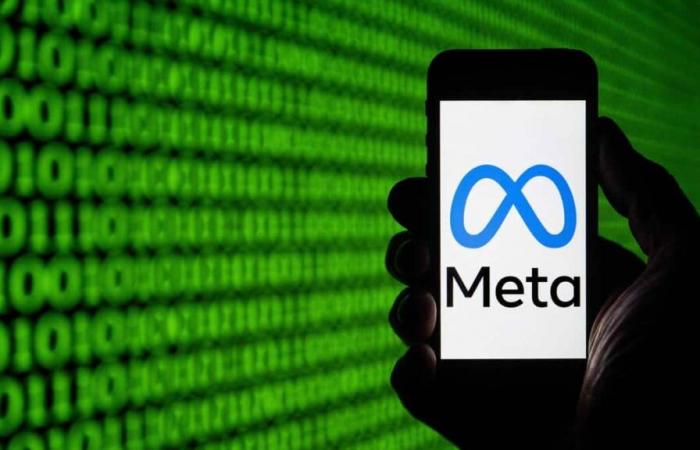
Do you remember 2018, when Justin Trudeau legalized cannabis? The debauchery promised to be serious: our young people were going to roll joints after school and get lost in a cloud of green smoke!
Quebec then raised the legal age for purchasing cannabis to 21, positioning itself as the moral guardian of the country. But today, the figures are there, and they are surprising: young people are not taking drugs more.
In fact, they even consume fewer substances, including alcohol.
We might think it’s good news (let’s open the champagne – without alcohol!) However, the conclusions of the recent study on the health of young people in secondary schools paint a darker picture.
Certainly, cannabis consumption has not exploded, but young people are sleeping less, suffering from reduced self-esteem and experiencing increasing social difficulties. The culprit? This is not the weedbut the phone.
Cannabis c. Facebook
When Trudeau legalized cannabis, there were cries of scandal. Why then has no one (except perhaps Paul St-Pierre Plamondon) considered regulating social networks with the same fervor?
Because it affects us all. Because the profits from these platforms make debates politically uncomfortable. Regulating Facebook is less profitable than demonizing a cannabis plant.
So yes, the legalization of cannabis has not caused consumption to explode. But in the meantime, digital dependence is creeping in, much more destructive than the cannabis disaster scenario announced in 2018.
Bombarded with notifications, hours of scrollcomparing their lives to unreal images, our young people are psychologically exhausted.
Result: they isolate themselves, depreciate themselves, sink into an anxiety-provoking spiral and arrive at school feeling distressed.
Young people are not doing well
I saw this reality up close at school.
Last year, a student told me off. Not a simple polite disagreement, but a f*** felt good.
At the time, it’s destabilizing. But as adults, we learn to manage these kinds of situations. Our teacher-student relationship has evolved. Later in the year, this student came to see me, a little nervous, to share his experience. He suffered from mental health problems. Anxiety, insomnia, a self-image shattered into small pieces.
His verbal middle finger was a cry from the heart. Not directed at me, but at a world that was crushing him. Without mental health, no education will pass.
Toxic spiral
Social networks and screens are not the cause of all evil, but they amplify a toxic spiral: hyperconnection, permanent comparison and constant stimulation. The saddest thing is that all this often starts in childhood…
Australia has just adopted one of the strictest regulations in the world: a ban on social media for children under 16. The message is clear: the mental health of young people comes before the profits of tech giants. In Quebec, in winter 2025, the Special Parliamentary Commission on the impacts of screens and social networks on the health and development of young people will continue its consultations.
Australia has taken a stand. Will Quebec be the leader in this area for Canada?





